Recently a client asked me to discuss fear in a future blog post. I can only share from a coach’s perspective since I am not a psychotherapist. I approach such a complicated topic by focusing on a coping mechanism we all have access to. Preparation. Fear is our ally. It tries to protect us from something. If we can identify exactly what we are afraid of, we can figure out how to overcome fear.
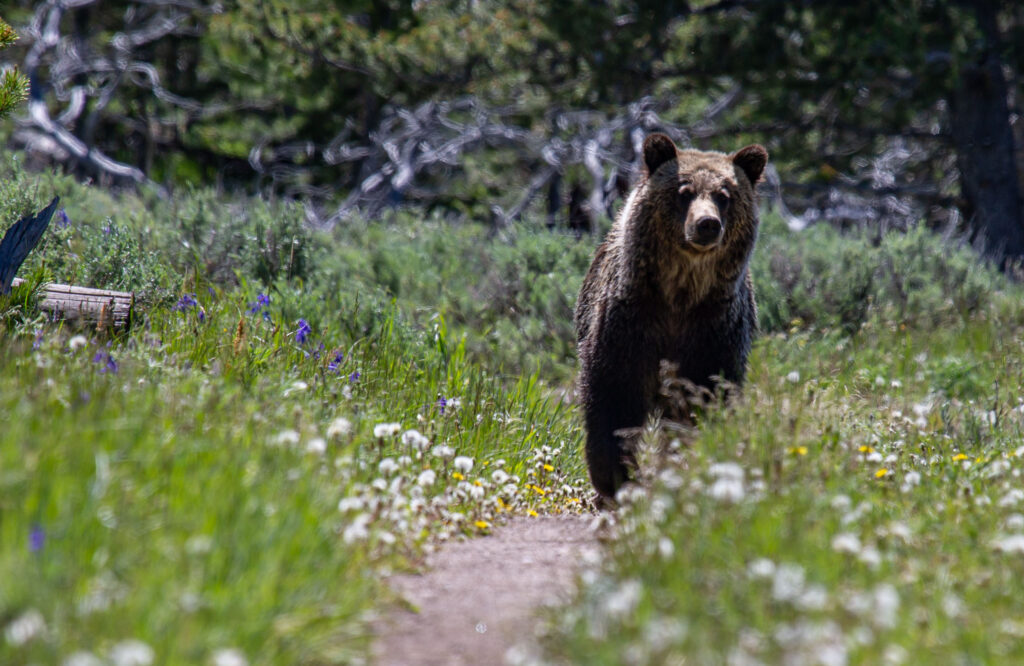
Common Types of Fear
To overcome fear, first identify what you’re afraid of. For purpose of discussion, I only focus on three:
- Fear of tangible, real, scary things — natural disasters, fires, war, getting lost, wild animal attacks, disease, injury, or illness. We may be afraid of something because of a traumatic event in the past, or we may have heard stories or seen images of scary events that we hope we never experience ourselves.
- Fear of the unknown — this may be one of the biggest causes of anxiety, worry, and chronic stress — one look around you during a pandemic and you understand how potent and far-reaching such fear can be. Below, I share getting lost as a wilderness example.
- Fear of failure — with its cousin, fear of success. Nearly everyone has felt one or the other at some point, especially when trying to make it in an area where it’s common to fail many times before finally succeeding.
Some things are worth being afraid of (i.e. category one), but often we’re afraid of things that haven’t happened — and may never happen — as in the other two categories. If we worry incessantly, we can make ourselves sick.
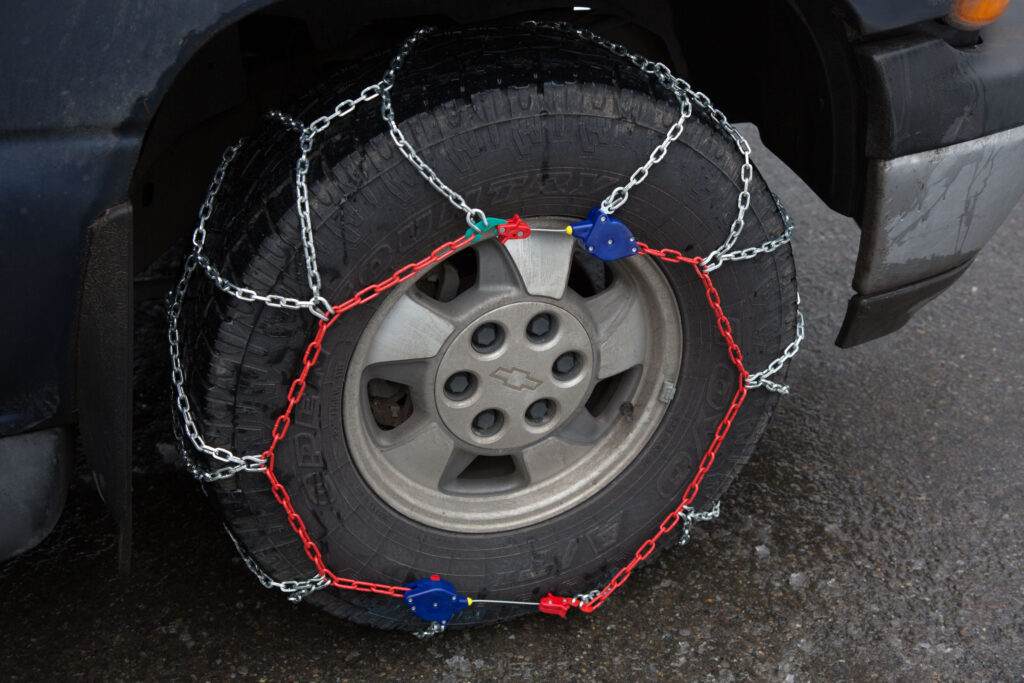
The Fear Response
In simplest terms, when we fear something, we first turn toward the fear to identify what acute stress response we should have: whether we need to stick up for ourselves (Fight), run away (Flight), become legitimately scared (Fright), react like a deer-in-the-headlights (Freeze), or shut down completely (Faint).
Since prehistoric times, our bodies enter these stages to protect ourselves. In a frightening moment, our reptilian brains simply react. But what if we were proactive instead of reactive, and rehearsed ahead of time what we might do? By anticipating what could go wrong, we can plan responses and better manage our fear. At the moment, if we can take deep soothing breaths, we can access that thinking part of our brains to help us make solid choices.
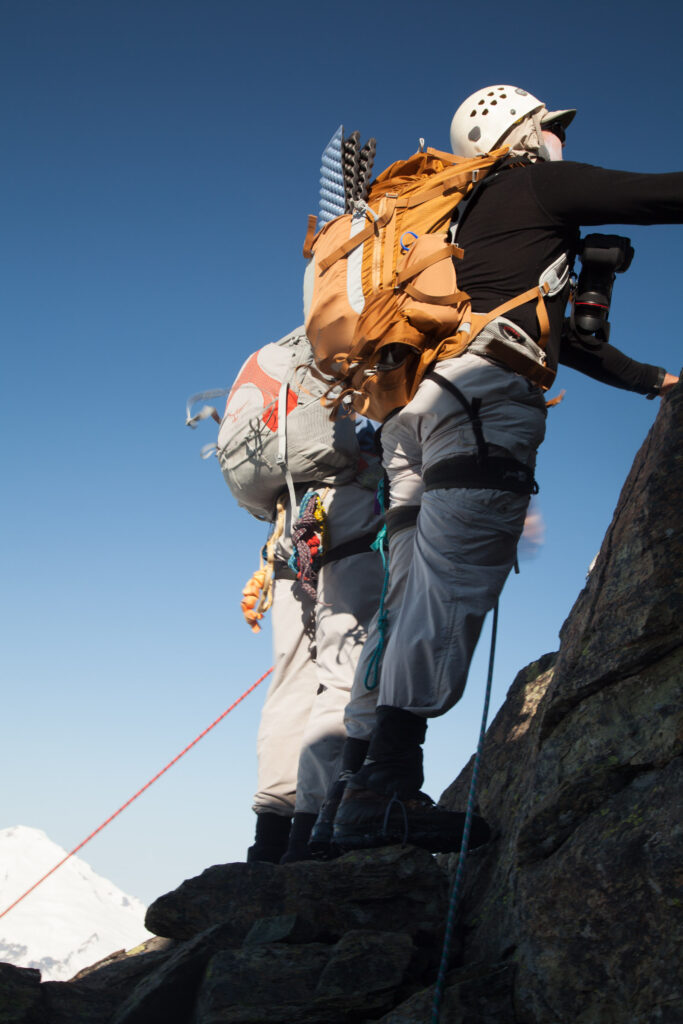
Overcome Fear of Scary Things: Bears
Take the example of fear of wild animals. From my first blog post in August, I shared an encounter with a black bear on a hike. Your natural instinct may be to freak out. Stop. Is the bear noshing on berries? Does she have cubs with her? Is she far enough away that giving her notice of your presence will make her move away?
Pair why you’re afraid (i.e. I don’t want the bear to maul me!) with knowledge of black bear behavior. They lack keen eyesight; they’re fiercely protective of their cubs; mostly, they’re just hungry and they don’t want to mess with people. Stay calm, so that your thinking brain remains in control. Make yourself appear larger by clicking your trekking poles together overhead, all the while calling, “Hey bear, bear, bear,” so you both keep your distance.

First, we identified what we’re afraid of (the bear) and why (it could seriously hurt me). Our fear then tries to protect us. Within milliseconds, we identify the appropriate response. Flight (running) might cause the bear to give chase as though we’re prey. Freezing could surprise it if it continues toward us. Fainting? It could become curious about the peculiar smells and come closer. Fight? Uh, no. What’s left? Fright. Yes, of course, we’re scared. Normal. But by remaining calm, we keep our thinking brain in the game. A decision based on knowledge, and not raw emotion, gives us the very best option for safety.
Overcome Fear of the Unknown: Getting Lost
Getting lost is another common fear for people traveling alone in the wilderness. Easily preventable. We can learn and practice navigation skills. Have a map, compass, geolocator, and GPS whenever we hike. Tell people where we’ll be and when we expect to return. Travel with others with a stronger skill set so we can keep learning. And we can study the route we’re going to be traveling to increase our confidence.
While it’s unlikely you’ll get lost, that fear will actually spurn you on to get the knowledge, experience, and resourcefulness you need to prevent it. You will be hypervigilant on the trail so that you avoid it. And if you still get lost? You’ll figure out the best way forward, knowing that you did everything possible to prepare yourself.
A Few Good Survival Stories
But nothing guarantees success. What’s the worst that can happen if you do get lost? You’ll want to be self-sufficient for several days until someone can help you. That means having extra food, water, and clothing. Gary Paulsen wrote a Newbery award-winning book, Hatchet, about a boy surviving in the Canadian wilderness with a hatchet. Another fabulous Young Adult survival story with a female protagonist is I Am Still Alive by Kate Alice Marsall.

Overcome Fear of Failure
Perhaps the best way to manage a fear of failure is to get clear about what failure means to you. If you are on day four of a six-day climb and you abort, have you failed? You succeeded for four days. If you submit a manuscript to forty agents and never get a request for a full, have you failed? You put yourself out there forty times. If you have a health setback that shocks you to your core, have you failed? You’ve identified a new direction for yourself.
Never Quit
Dear readers, failure is never trying. As a coach, parent, athlete, and writer, I cannot stress this point enough. If your definition of failure includes quitting, and you keep trying new strategies to move forward, you cannot possibly fail. You may not reach the desired outcome the way you expected to, but that does not mean you have failed or you are a failure. As long as you are trying, learning, growing, and putting yourself out there, you can reach your objective. Keep trying.
Fear is a beautiful teacher. It shows us what is most important to us. Ask yourself why you are scared, whether there is any reason for it, and what you can do to help prepare yourself to succeed. In a scary moment, remember to take three long, deep breaths in through the nose, and twice as long exhaling through the mouth. Give your thinking, logical brain the space it needs to help you solve your problem. Go forth with courage and confidence.
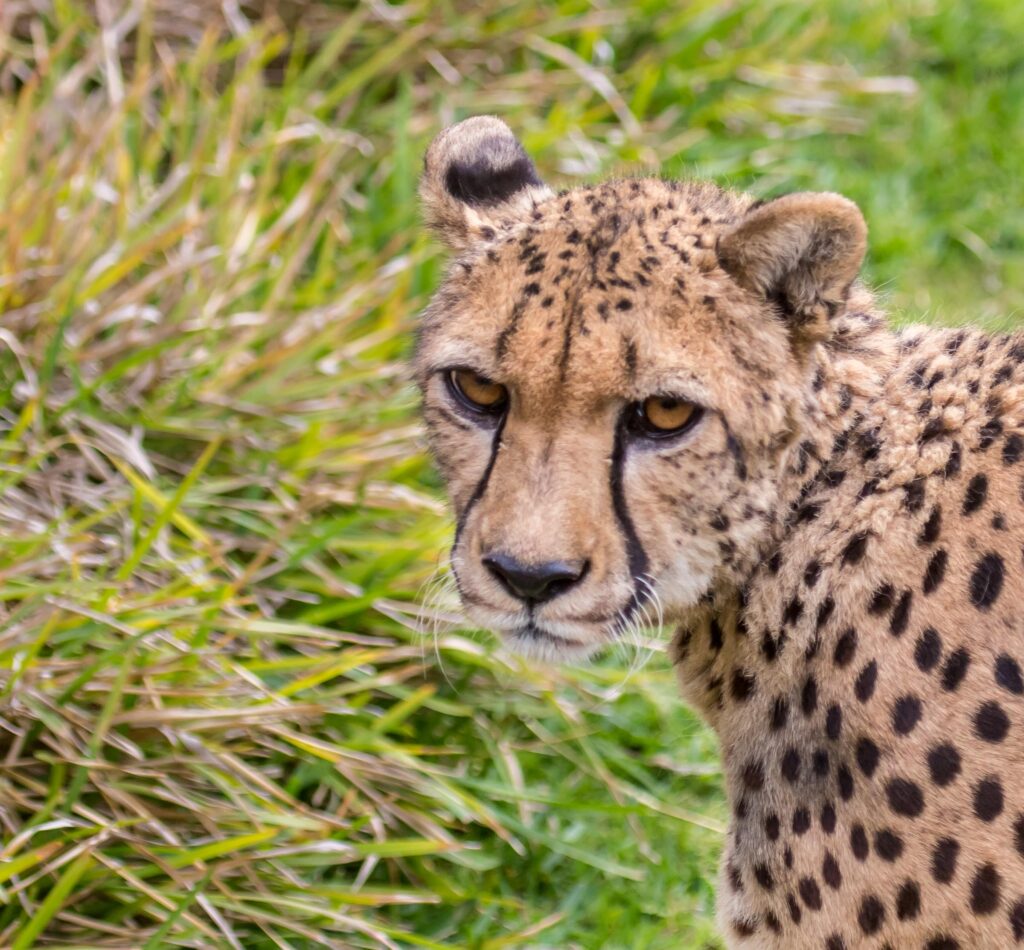

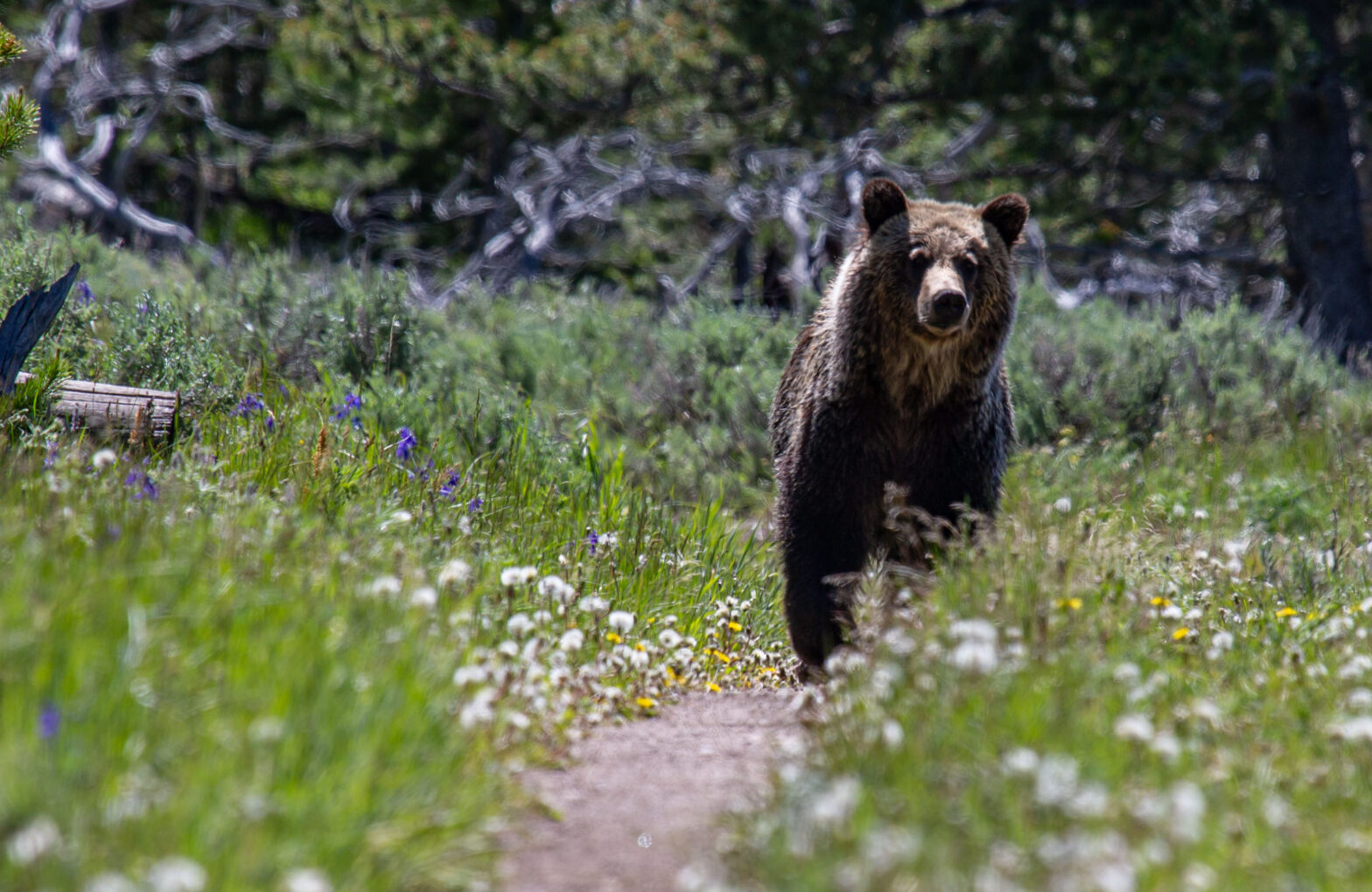
After reading this post, and deeply aware that we are on the brink of running out of acronyms in our lives, I started thinking about FEAR as a Friendly Encouragement to Act Rationally.
So much rings true in what you wrote: for example “If we can identify exactly what we are afraid of, we can figure out how to overcome fear”. I recall situations when I suddenly became aware of physiological changes I had not noticed were building up — holding my breath, tensing muscles, rigid posture – without being conscious of what these were about. Once I stopped and I understood what was happening (fear of the oncoming nightfall, of the storm clouds on the horizon, of the stream crossing ahead, etc.) it became easier to relax my body, mind, and determine how best to approach the “risk”. In contrast, when I “let the fear run wild” too long… the physical symptoms only got worse and, in some cases, forced me to stop for good… abort/abandon; as you say “If we worry incessantly, we can make ourselves sick”! You also note that, no matter what we do, “nothing guarantees success” and that, therefore, the goal of managing fear is not to ELIMATE risk, but to prepare ourselves (training, gear, knowledge, mindfulness, etc.); when we do that, we can continue to operate efficiently… and playfully.
I’d like to share a short story that speaks about another well-known positive aspect of fear: fear CAN be a great motivator. As a very young kid, I developed a fascination/obsession with a record of Peter And The Wolf my parents had bought for my brother and I. Because our brain work in magical ways… this lead to more than 3 years of night terrors, the very same dream playing every night: I lived in a small cabin at the edge of the forest and, in the evening, my parents asked me to fetch water from the well outside; I knew what would happen but was compelled to go anyway, closing the door behind me (all alone in the dark and the wild) before walking away from the house and towards the woods… the wolf would inevitably appear and attack me, jolting me awake and gasping for air. Later in life, as I spent more and more time day-hiking, I would often think about how the places I visited would FEEL at night; memories of my early childhood nightmares would come back and something in me would scream “No Way, Danger!!”. This soon morphed into “I MUST go out there at night alone; I must KNOW”, I can’t let these old patterns remain unexplored. I did not “conquer” my old fears as much as I got to know them (an myself) better; I am glad I did, it made me be a little kinder with myself.
Never will we run out of acronyms. I love yours for FEAR — Friendly Encouragement to Act Rationally (or reasonably). Perfect. I may have to borrow/use/steal that. There’s another, BUS. HA.
Great post as always. We can never eliminate all fears or stresses — can you imagine a world without? It’s part of what helps us stretch, grow, overcome, and learn. Precision Nutrition has another great tool called “Notice and name” which I tried to distill into dealing with fear – notice why you’re afraid, name it, and perhaps go one step further in your discovery and play: What would happen IF? That’s part of the preparation phase. IF you run out of water, then x. IF you encounter a bear then Y. IF you hurt your back then Z. By playing out those scenarios you will be more equipped to handle them rationally in the field.
Thanks for the share about Peter and the Wolf although I cringe thinking about a young boy having night terrors because of a children’s story meant to entertain, not frighten to death!
Super article. Yes, fear is a great teacher. Nice way to put it and so true. 👍💗
Thanks, Silvie Marie! I bet you have lots of stories to share!